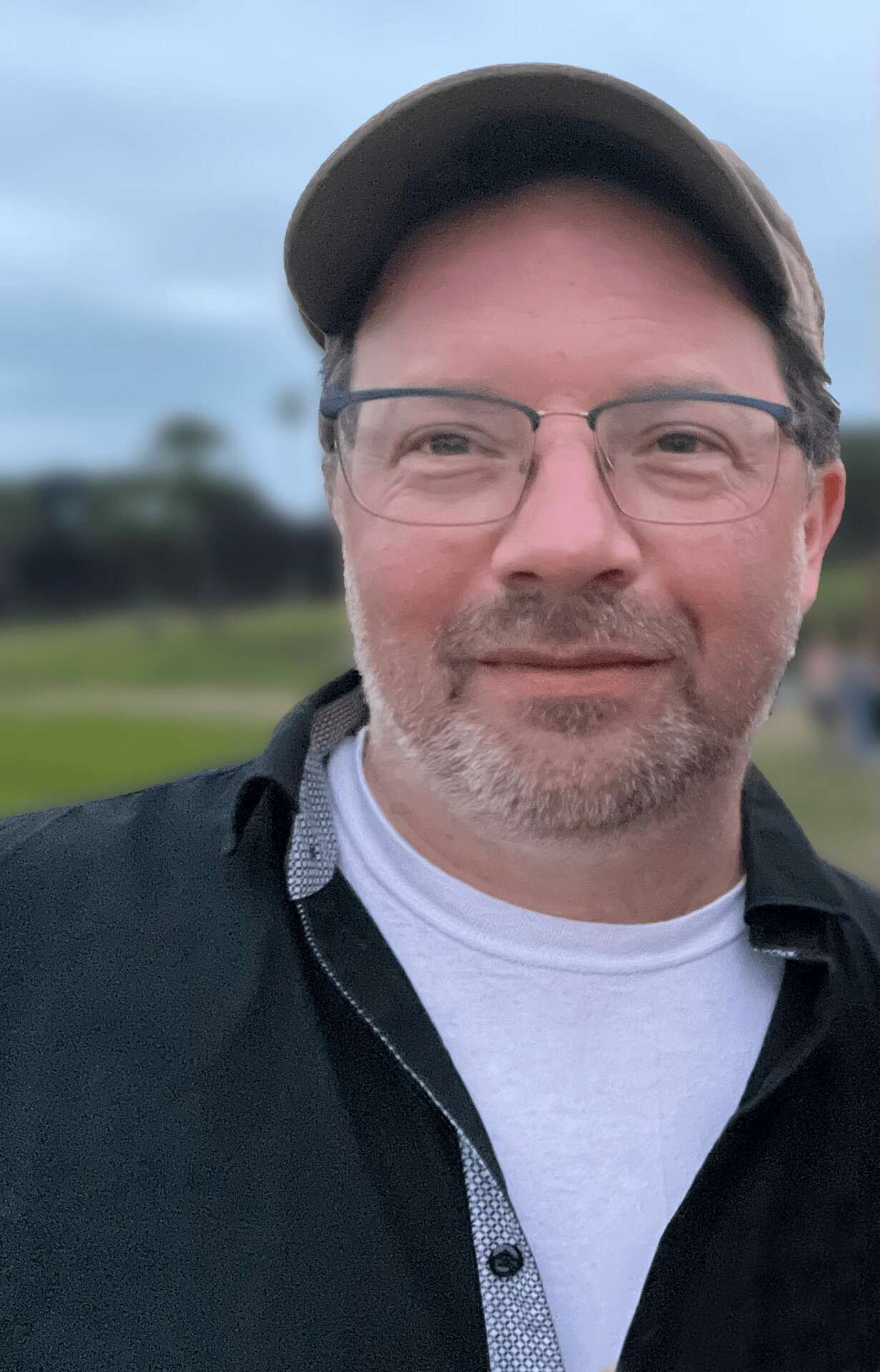We recently connected with Terry Podgorski and have shared our conversation below.
Terry, thanks for joining us, excited to have you contributing your stories and insights. Earning a full time living from one’s creative career can be incredibly difficult. Have you been able to do so and if so, can you share some of the key parts of your journey and any important advice or lessons that might help creatives who haven’t been able to yet?
I’ve ben fortunate enough to earn a living from my creative work for about a decade now.
It was a long journey of multiple simultaneous jobs, and the day I was able to walk away from my “day job” as a carpenter and contractor and focus on my creative job was a blessing. To be able to focus all that energy in one place felt incredible. It wasn’t that I started working less. Perhaps more. But there was less of a split in time and focus. At that moment life clicked into a different groove.
Basically, when I got out of college I wandered. I created some amazing events with fellow artists and I sent out short stories to magazines to no avail, but life wise I just wandered. Then I met a slew of writers and musicians who were also carpenters and masons and metal workers. And an offer came my way to learn carpentry, and I jumped at it. It taught me great skills of not just building but also project management and estimating budgets, skills which were quickly applied to my creative projects. And the skills I learned gave me the flexibility to move to Seattle, find work, and provide a base from which I could do creative ventures.
From there not only could I bring skills to the table to arts groups and theaters I wanted to work with, but I began to see how I could turn the worlds I wanted to write about into reality. Designing sets and lights sparked another creative part of my brain. I didn’t need to use just words to tell stories. I could use place and light and sound. This is when I discovered the magic of events and theater and interactive art. From there it rolled (albeit sometimes very bumpy rolling) to where I am today.
I often think, “why didn’t I start doing this a decade earlier? What held me up?” It’s an easy question to get hung up on, but really the answer is simple. I wasn’t ready, and I hadn’t met the right community, and though I knew I wanted to be creative and spend my life in the creative world I hadn’t found the right environment for me. Perhaps, if I had been more clear on what I wanted I could have found it sooner, but apparently I needed to bumble about first.
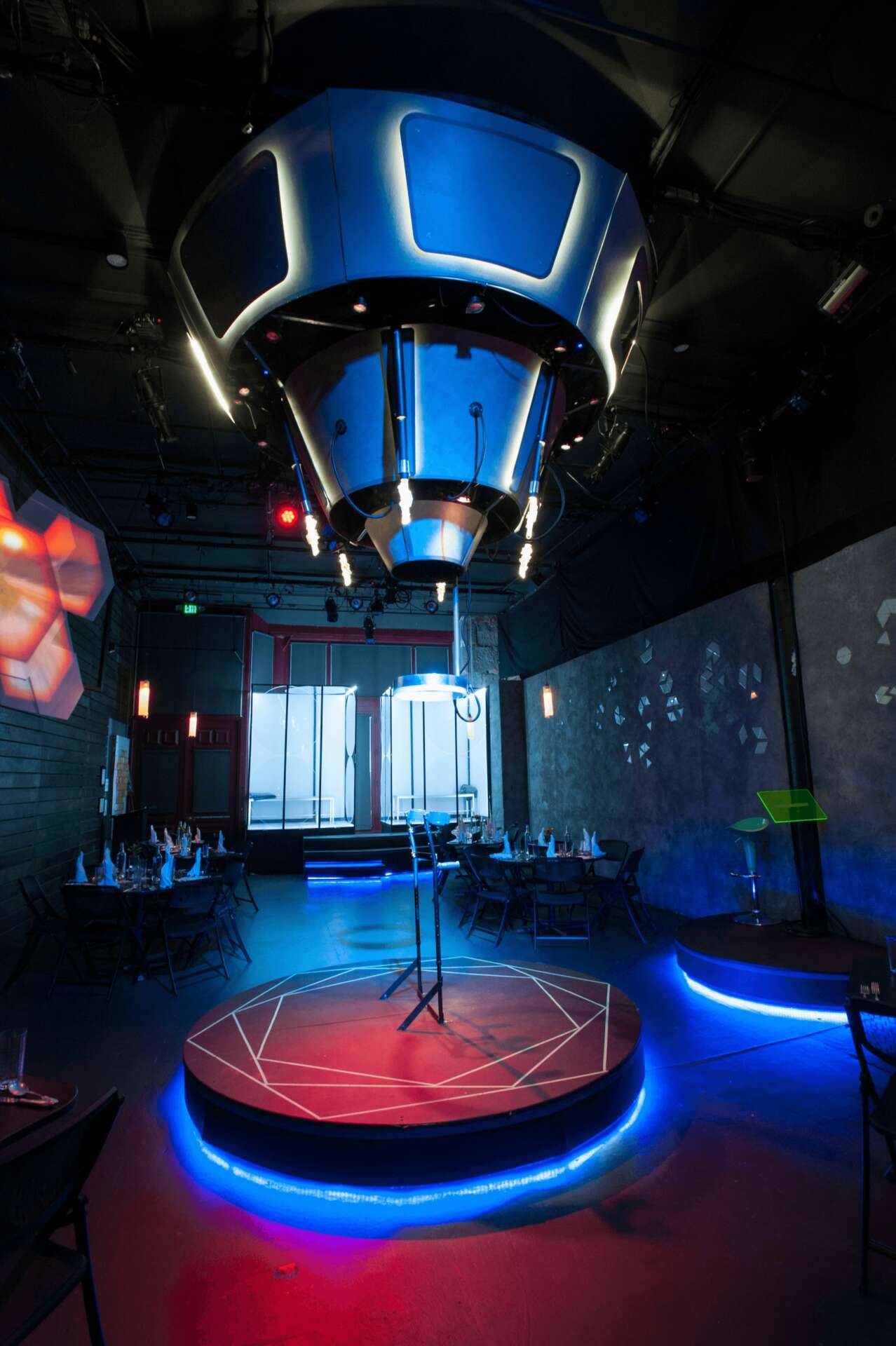
As always, we appreciate you sharing your insights and we’ve got a few more questions for you, but before we get to all of that can you take a minute to introduce yourself and give our readers some of your back background and context?
I work primarily in live event production and theater. I have produced works for others and my own. I have worked in the creative room and in the backstage logistics room. I understand the process of bringing a vision to life, and that skill has been the bedrock for the success I have had.
Creatively, I write and envision worlds, then design those worlds, and with collaborators bring them to life. I create narrative, characters, settings, then envision the audience in that world and devise an experience that excites and captivates.
Practically, I manage multiple designers, writers, and performers throughout the creative process to keep those elements in one world, working together, within time and budget constraints, and keeping a single vision.
For twelve years I co-created and managed an immersive theatrical dining company that delights thousands of Seattle residents with new scripts and unique local talent. We have done site-specific work taking over entire buildings for these experience, and we ran two venues in the Pioneer Square neighborhood for seven years becoming a beloved arts institution.
And now, we are launching a new narrative focus on immersive and interactive entertainment incorporating technology into the performing arts. Called Nebula is a story of dreams and how they affect our lives and the world.
I think we have been successful because we are artists, designers, and engineers, and we keep a focus on what the audiences experience and react. The audience is the center of attention.
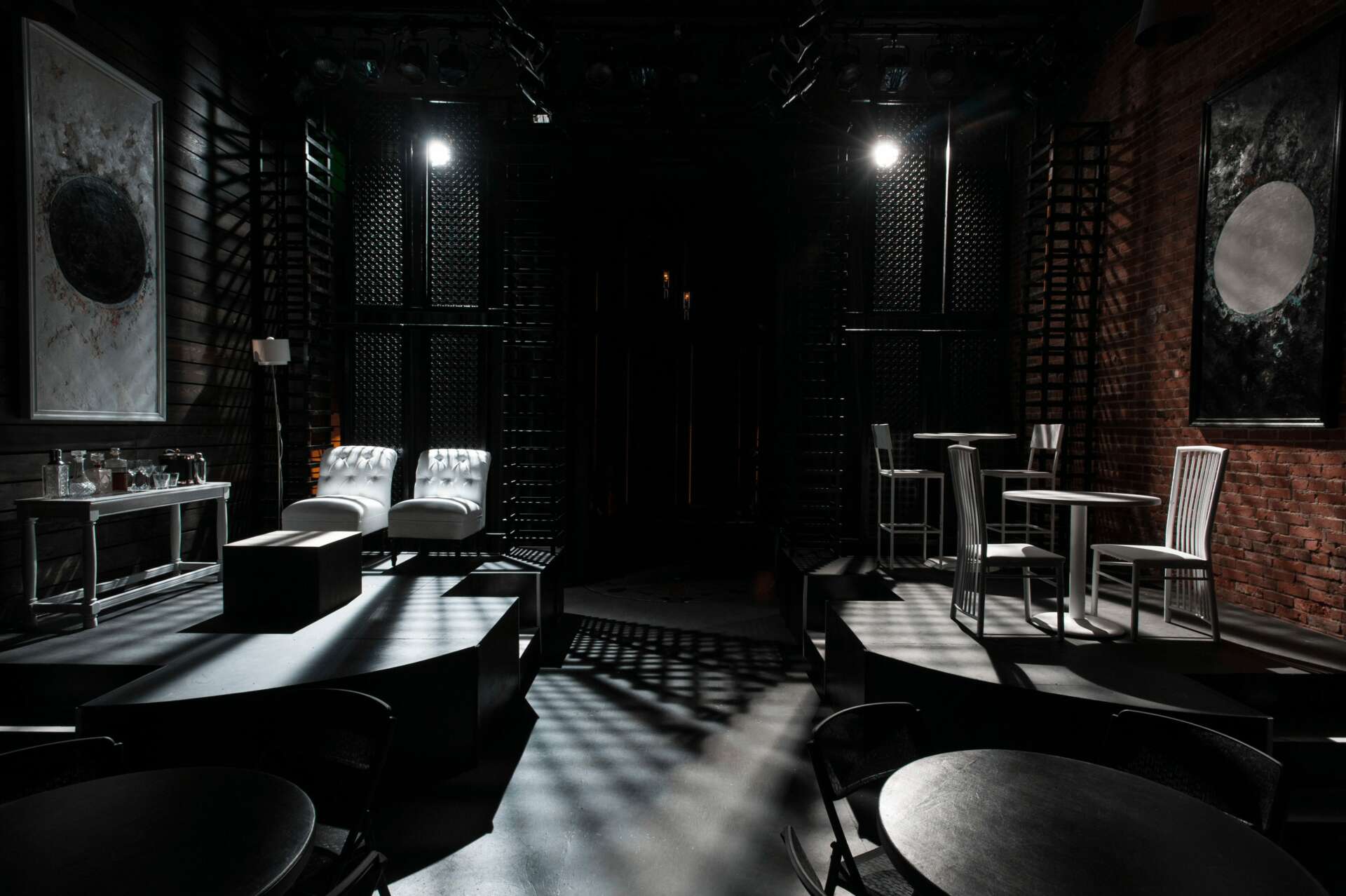
Is there mission driving your creative journey?
As I move through the world I look to have memorable experiences. I look for experiences that will change my understanding of the world, broaden my view, and in general provide delight at being alive. I want to be reminded of the magic and potential in the world.
So, my goal has been to give others an experience that they will remember, one that will sweep away the regular worries of the day, open doors of understanding or excitement or both, and rediscover moments of joy and wonder. It can be following a characters arc, solving a puzzle, or marveling at a series of graceful arches. There are so many moments that can be appreciated, and providing a place and time for people to appreciate those moments drives me creatively.
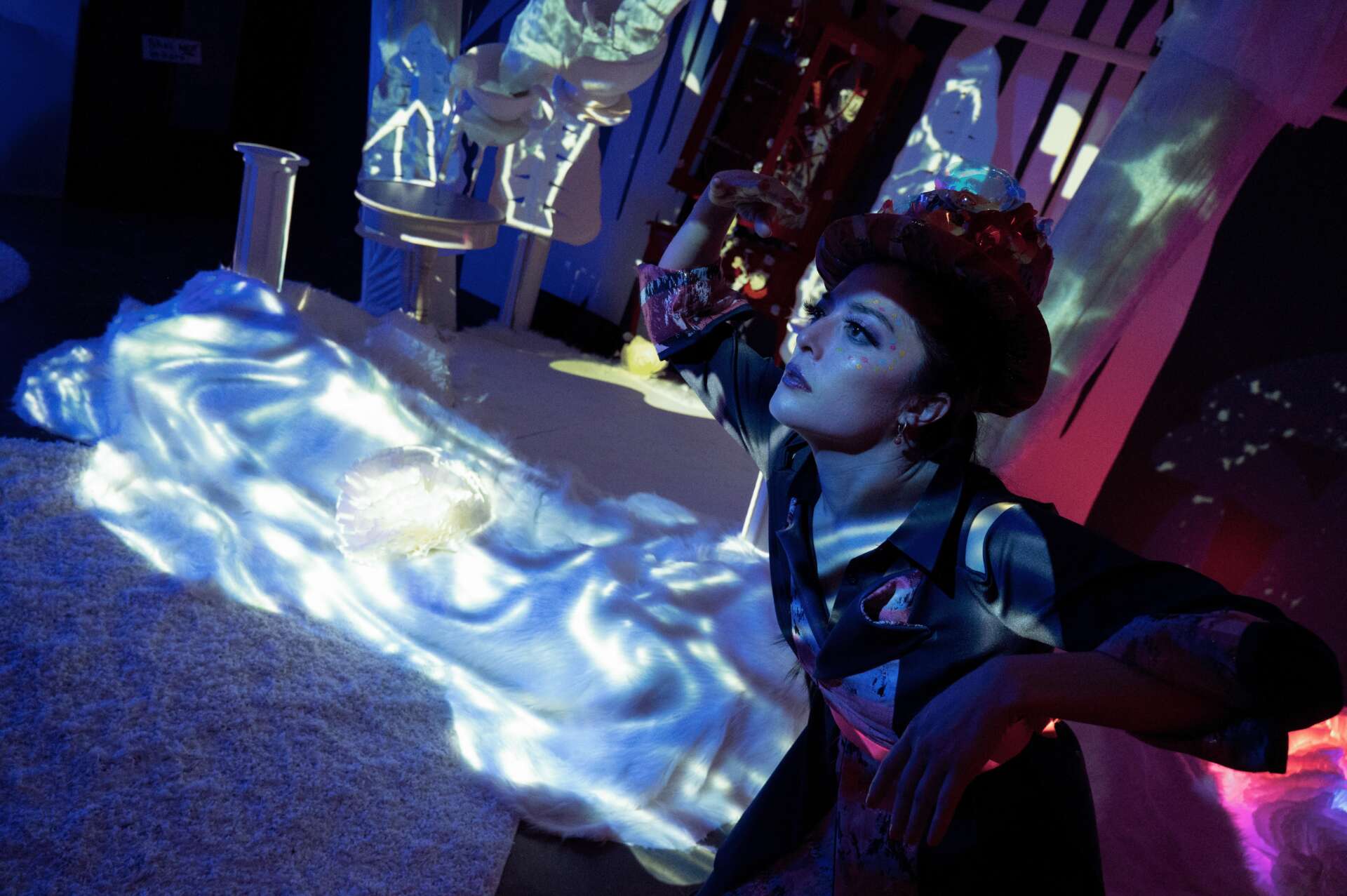
What can society do to ensure an environment that’s helpful to artists and creatives?
As a small business owner and creative entrepreneur I think about this a lot.
First off, I want to say that it is our responsibility as artists and business owners to give the communities that we are in what they want. We cannot expect help to do whatever it is that we think is important and receive funding. We need to listen and respond and be a part of that community and find our place within it.
But, the creative ecosystem is more than any single theatrical production or painting or short story. They are skills. They are skills that push people to explore themselves and discover new strengths. They are skills that drive whole economies. And most artists could take those skills and apply them to any number of jobs in different sectors.
I believe that our society says it wants to support artists, but it doesn’t trust them. I think society finds too many of the things that artists create frivolous. It would rather support institutions, education platforms, and initiatives in which some money trickles down to the artists. I would like to see more daring support for individuals and their work.
Our society is willing to invest where it can easily see an positive or profitable outcome, but when the results are murkier it tends to retreat.
Contact Info:
- Website: cafenordo.com and nebulaseattle.com
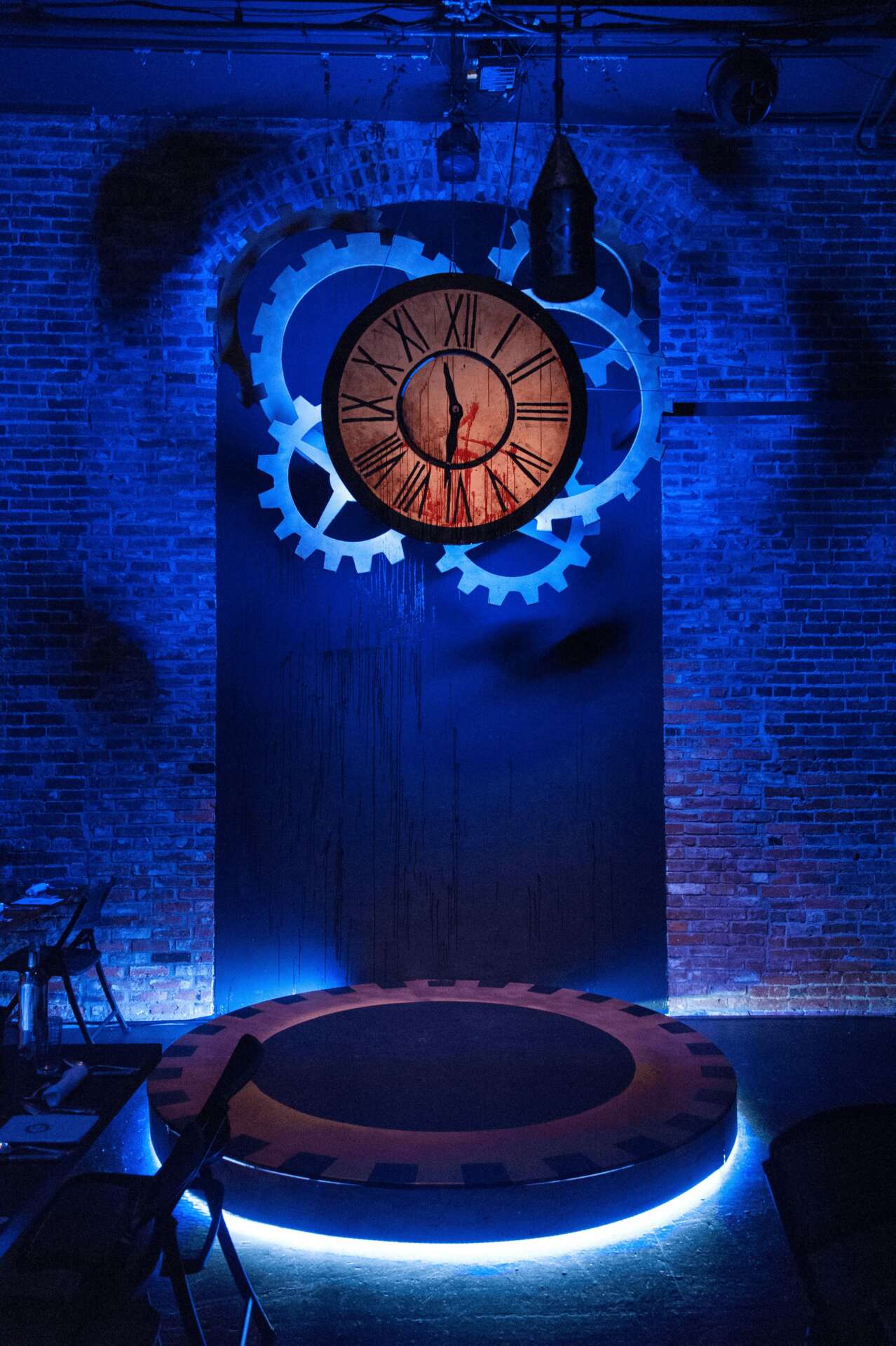
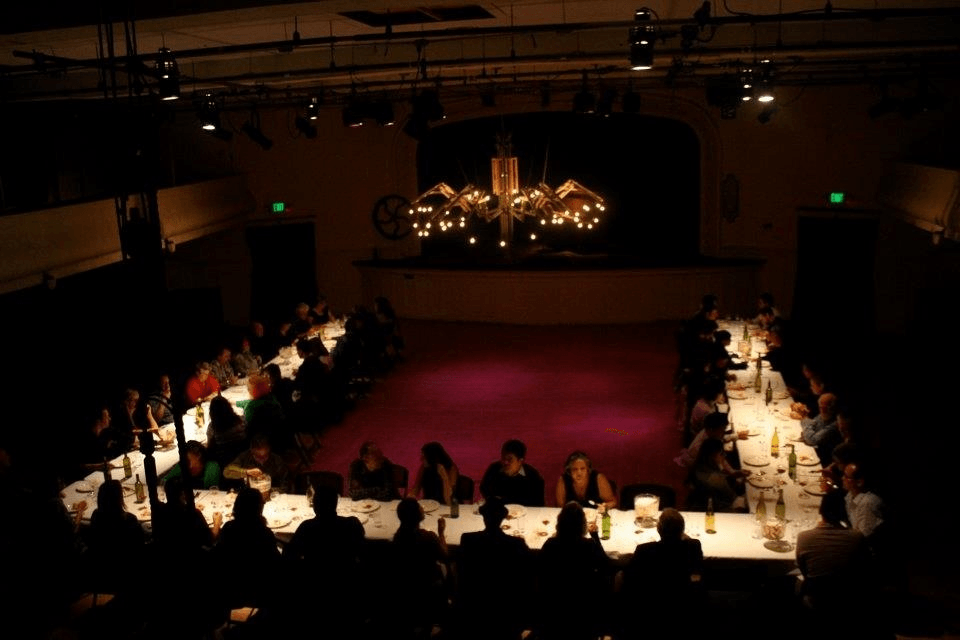
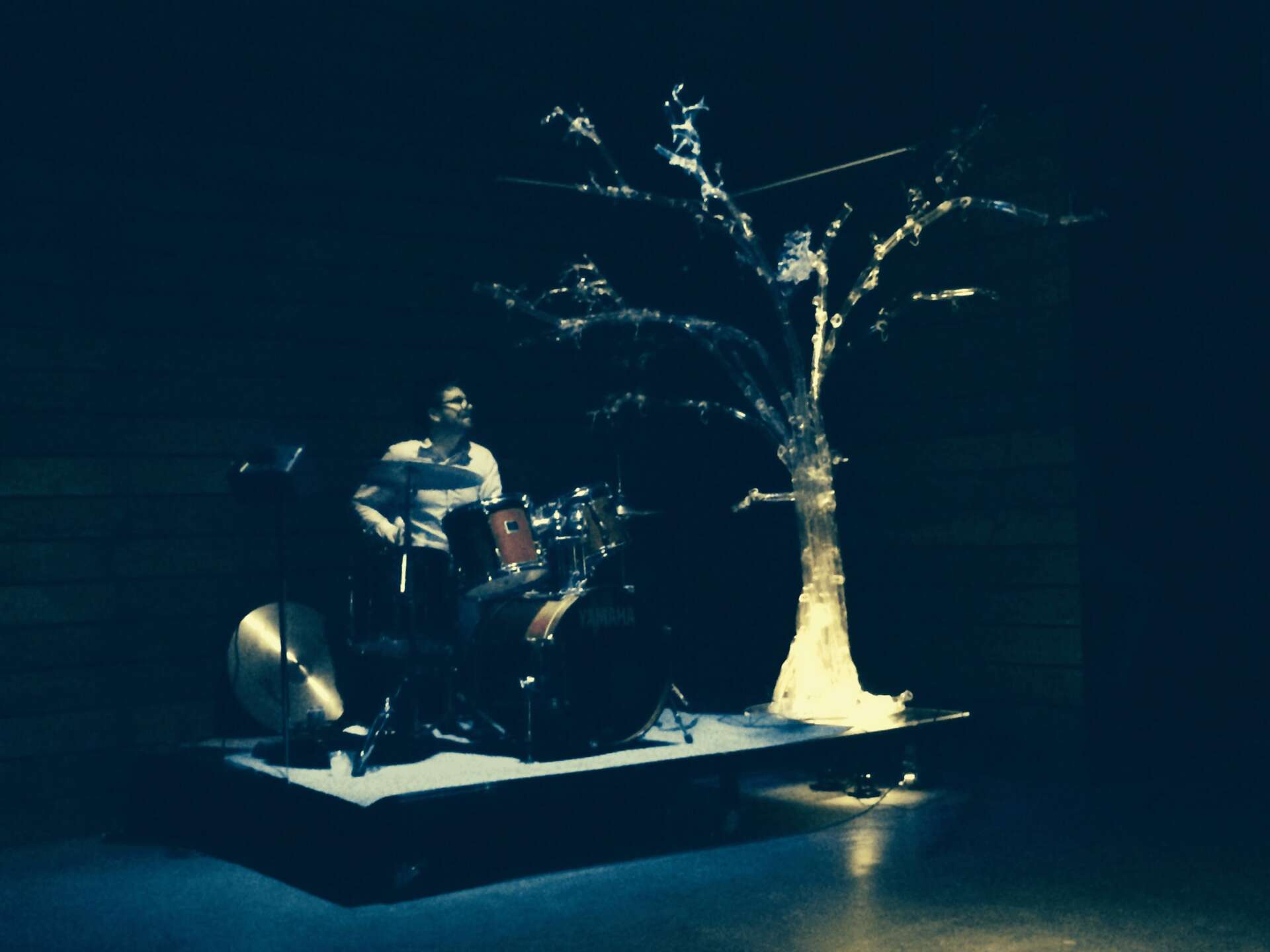
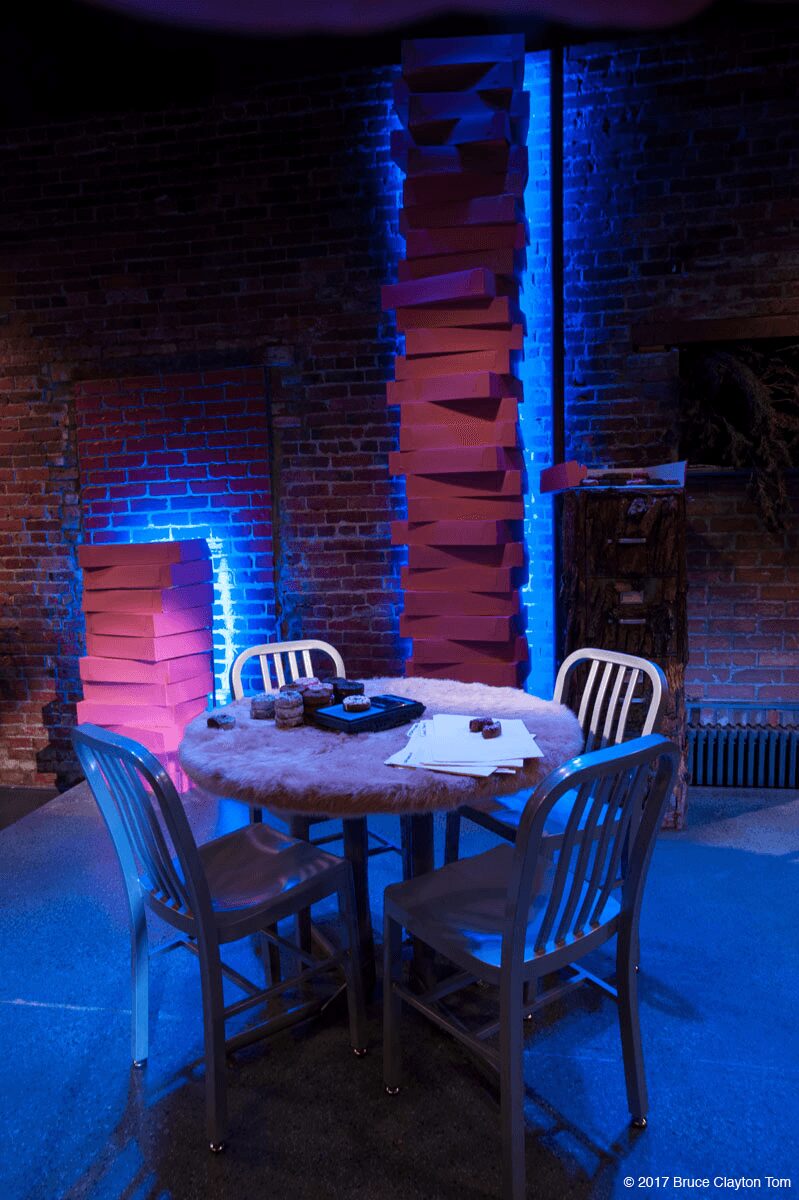
Image Credits
Bruce Clayton Tom


